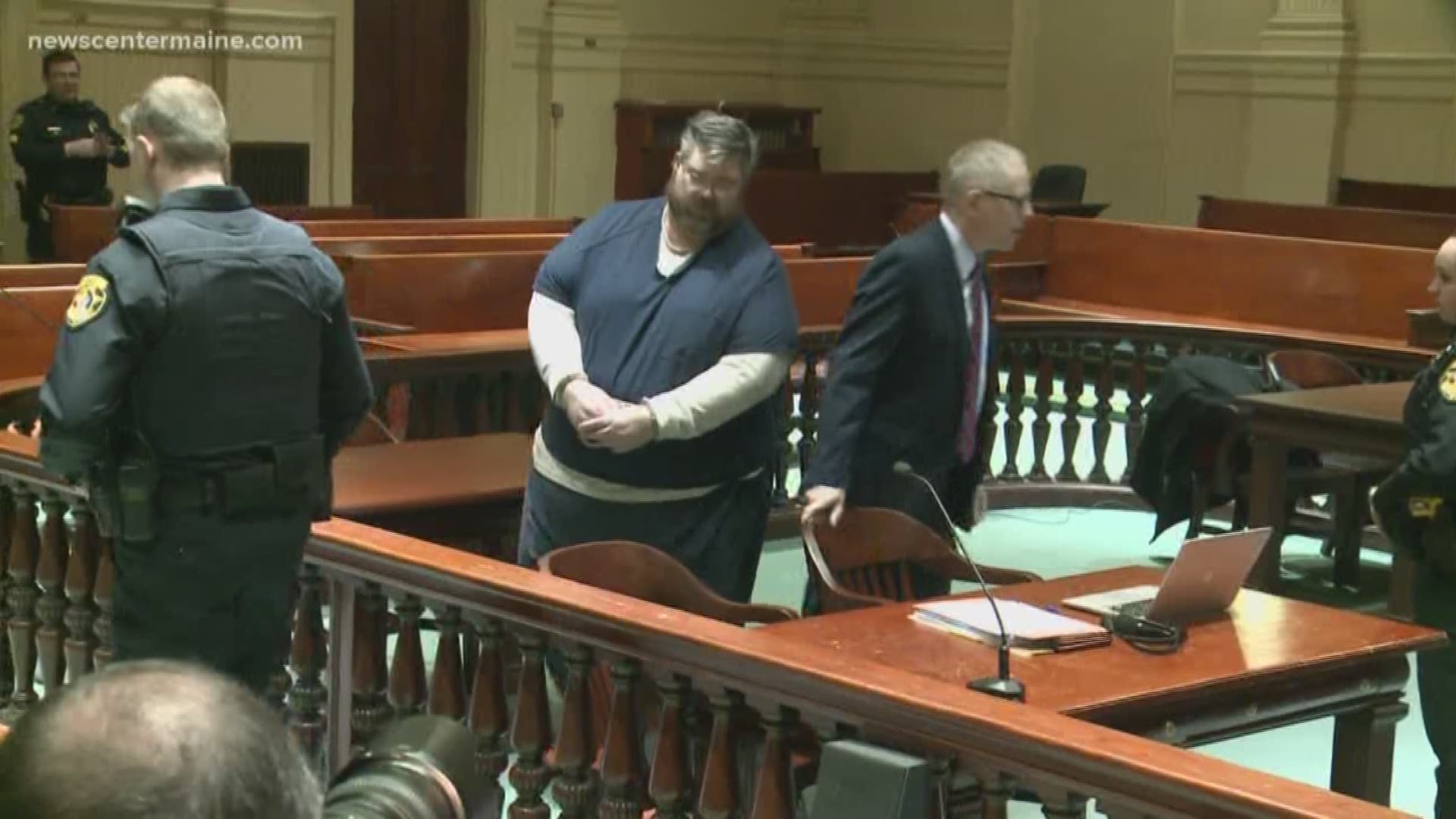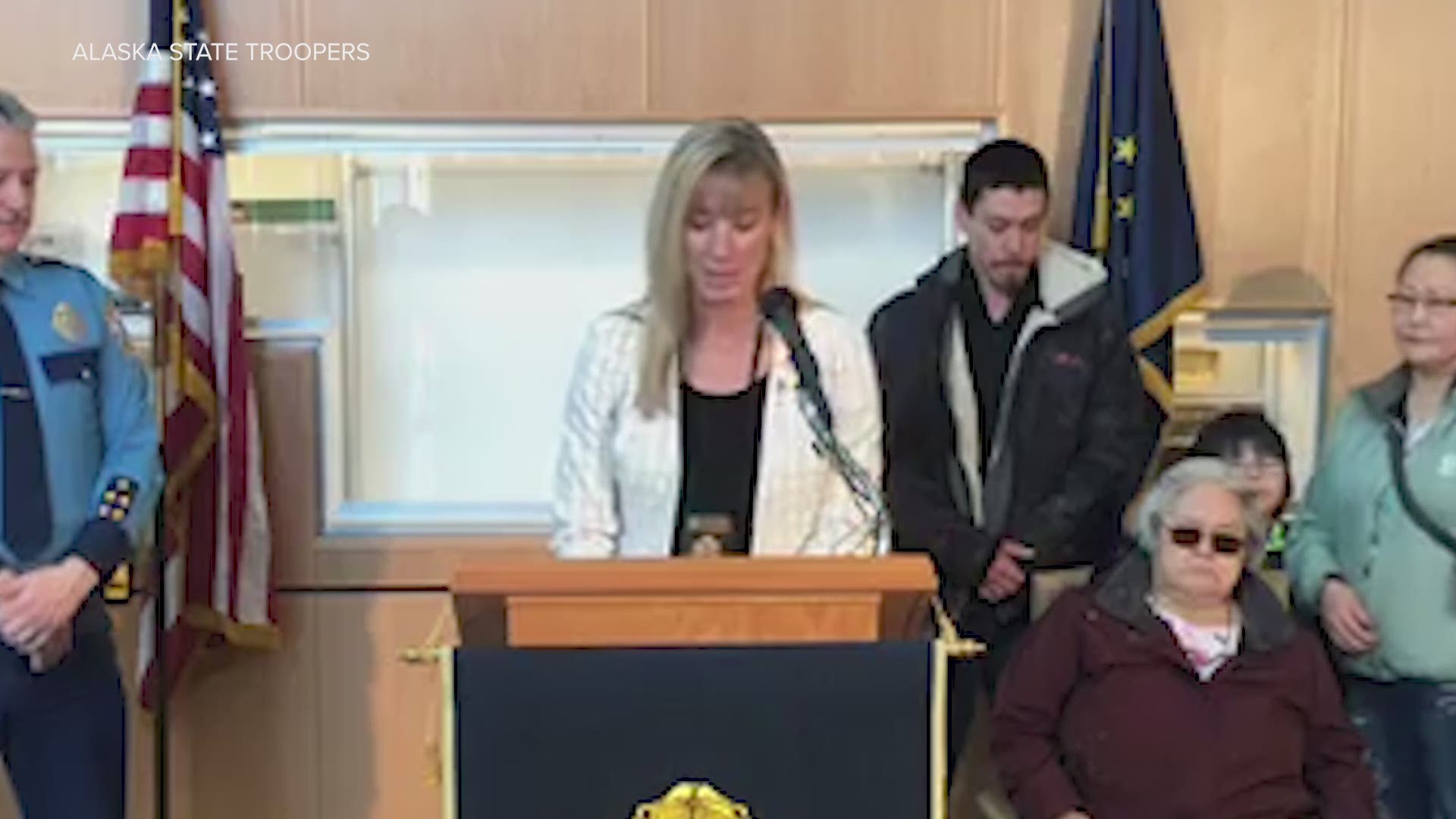AUBURN, Maine — The Maine man arrested last month in connection with the slaying of a college student in Alaska decades ago appeared in court Wednesday to continue to fight extradition.
Steven Downs maintains he had nothing to do with the 1993 rape and murder of 20-year-old Sophie Sergie at the University of Alaska Fairbanks, where he was a student at the time of her death.
However, Alaska and Maine police said DNA evidence links Downs, 44, to the crime.
Downs appeared in Androscoggin County Superior Court at about 8:30 a.m.
His attorney began proceedings by arguing the extradition petition was premature, requesting it be withdrawn and to have bail adjusted. He told the judge much of the information he and his defendant, Downs, first received was from media outlets before any information was provided by Alaskan officials.
The attorney said Downs' father was reportedly "devastated" and "physically ill" over news of his son's arrest. "There's absolutely no evidence whatsoever of a history of violence," the father said through Downs' attorney.
Downs' attorney argued that other than DNA evidence linked through ancestry.com, there was no other evidence against Downs. "Molecules of DNA a quarter-century later … raises questions about the integrity of the investigation," he said.
Later, the state took the stand, focusing on discrepancies in Alaska and Maine law in regard to bail requests. Alaska law does not have life in prison; instead, it has a maximum of 99 years. The state asked for "common sense."
The judge ultimately denied bail and ordered the case to continue for 60 days as officials await a warrant from Alaska's governor.
Downs was arrested in February after a coordinated cross-country effort was able to track him, using DNA from a distant family member to narrow in.
His attorney, James Howaniec, told the judge during Downs' first court appearance that his client was not the killer and there "must be some mistake,"
Downs lived in Auburn and was a graduate of Edward Little High School.
According to documents, Downs spent time after college in Arizona, and then returned to Maine to work as a registered nurse.
He was reportedly discharged from the Harris House in Livermore Falls for a “totality of substandard performance,” according to the State of Maine Board of Nursing. Downs was first issued a warning in 2017.
According to court documents in Alaska, Downs had no criminal record leading up to the charges.
Prosecutors fear Downs is a "flight risk" and are aiming to have him extradited to Alaska as s soon as possible to stand trial, but his lawyer claims he is "anxious to defend himself."
In Alaska, where this is no life sentence, he could face up to 99 years in prison if he is found guilty.


